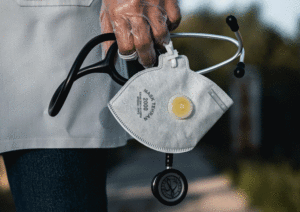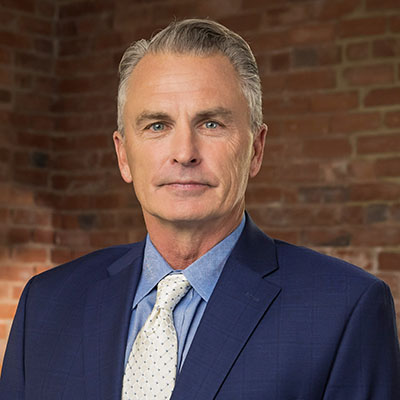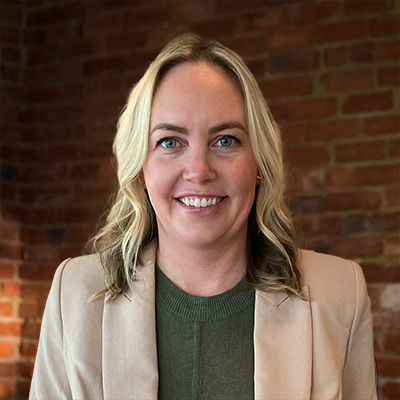If you have been a victim of a car crash during the COVID-19 pandemic, social distancing may have prevented you from being able to seek medical attention. You probably have questions about how your inability to get medical treatment might affect your personal injury claim. This article explores the consequences and implications of such a delay, and how you can act to protect your rights.

Injuries During the Quarantine
During COVID-19, life as we know it is at a halt. The Centers for Disease Control (CDC) recommended that people avoid hospitals and doctor’s offices except for absolute emergencies. Patients have had to be discharged from hospitals, simply because keeping them there posed a bigger risk than letting them leave. Some doctor’s offices have closed altogether, pushing off appointments and interrupting courses of treatment. Many of the doctors’ offices and hospitals that remain open have cancelled in-person non-emergency appointments and surgeries, leaving injured people without the ability to get the medical treatment that they needed. These necessary measures helped slow the spread of the virus, but they also meant that thousands of people were unable to get the appropriate care for injuries that had nothing to do with the virus.
These were difficult decisions, made under extraordinarily trying circumstances. As a result, many patients’ injuries were not diagnosed, worsened, or took longer to heal.
Mitigation of Damages in Virginia
In Virginia, an injured plaintiff who files personal injury lawsuit has a duty to mitigate their damages. In general, and if it is possible to do so, the injured individual has a responsibility to seek medical treatment within a reasonable time frame and follow their doctor’s instructions as their treatment progresses. If a patient fails to take reasonable steps to get better, and as a result does not heal, or gets worse, the defendant who injured the patient might argue that the patient should not be allowed to recover monetary damages for their worsened condition.
Courts use a reasonableness standard when evaluating whether a plaintiff failed to mitigate his or her damages. The question for the court to determine is whether, considering the circumstances, the patient behaved in a reasonable manner with regard to his or her injuries and medical treatment.
During a global pandemic, mandated quarantine, and/or recommended social distancing, injured plaintiffs may not have the ability the get the medical treatment that they need. It would be unfair to penalize an injured plaintiff for being unable to get medical care during this time. When the mandated quarantine is lifted, doctors’ offices reopen, social distancing recommendations decrease, and life returns to some semblance of normality, an injured plaintiff who does not seek medical treatment could be accused of failing to mitigate their damages.
What You Can Do During the COVID-19 Crisis
Although many healthcare providers are largely unavailable right now, you might be able to take some steps to help yourself during this difficult time.
- Try to schedule a future appointment now. Once offices start to reopen, there are likely to be long wait times for appointments. Calling now might help you to get an earlier appointment.
- Is remote treatment an option? Like many other businesses, some doctor’s offices are working on creative solutions to serve their patients. Physicians are conducting teledoc appointments. Physical therapists are using video chat to walk their clients through home exercises. If appropriate for your condition, it might be worth a call to see if your medical care providers offer remote or alternative treatment.
- Follow the instructions of any providers that you are able to see, or that you saw before the quarantine. During this period doctors and physical therapists are relying more than ever on their patients to diligently report symptoms, follow healthy habits, and adhere to home exercise programs. Nothing we do at home can replace a fully operational course of treatment with an unhindered provider, so it is especially important to follow your medical care providers’ instructions during this time.
- Create a record of your actions. If you are unable to get medical treatment at this time, create a record of your efforts to do so. Although it seems unfair to blame injured plaintiffs for being unable to get the medical care that they need during the COVID-19 pandemic, litigation can be contentious, and documentation showing the injured person’s efforts could be useful to refute arguments that the injured person failed to mitigate their damages.
The personal injury attorneys of Allen & Allen are working during the COVID-19 pandemic and are here to help. If you have been injured, call us today for a free consultation.




